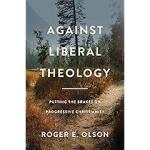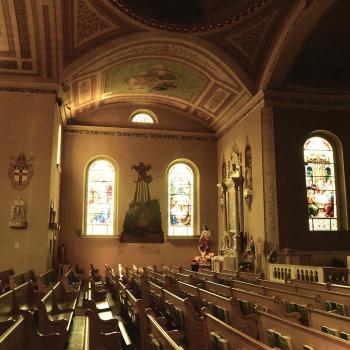This does not mean Williams felt the state could exist in an ethical vacuum. Philosopher Martha Nussbaum observes in Liberty of Conscience, "The idea of an overlapping consensus, or, to put it Williams' way, the idea of a moral and natural goodness that we can share wile differing on ultimate religious ends, is an idea that helps us think about our common life together much better than the unclear and at times misleading idea of separation." By shifting the focus away from the need to maintain religious orthodoxy to a consensuses regarding the "correct belief" on a given issue, we can be free to engage with those who share our common virtues in the hopes of advancing the common good.
These beliefs coupled with his humane treatment of the Native Americans caused the elder statesman of my family to get booted out of godly Massachusetts, and he settled with his family in Rouges Island. Here he created a haven for those of any religious persuasion, including those who professed to have no faith. Even though he established the first Baptist church in America, he left this church after a few months and became a seeker of sorts. With so many voices clamoring to have the truth, he felt he was going to have to wait for the new revelation to emerge.
Then in 1643, he began a battle with Parliament that led to the creation of a charter for the State of Rhode Island which made liberty of conscience the law of the land, a belief that later became woven into the fabric of the First Amendment: "Congress shall make no law respecting an establishment of religion, or prohibiting the free exercise thereof."
Unfortunately, these days, when pundits and politicos appeal to Christian (read "Evangelical") voters, they start humming Winthrop, not Williams. Methinks it is time to start singing a different tune, for only then can the United States truly be the "land of the free."
Excerpts from this reflection are taken from Jesus Died for This?: A Satirist's Search for the Risen Christ.




